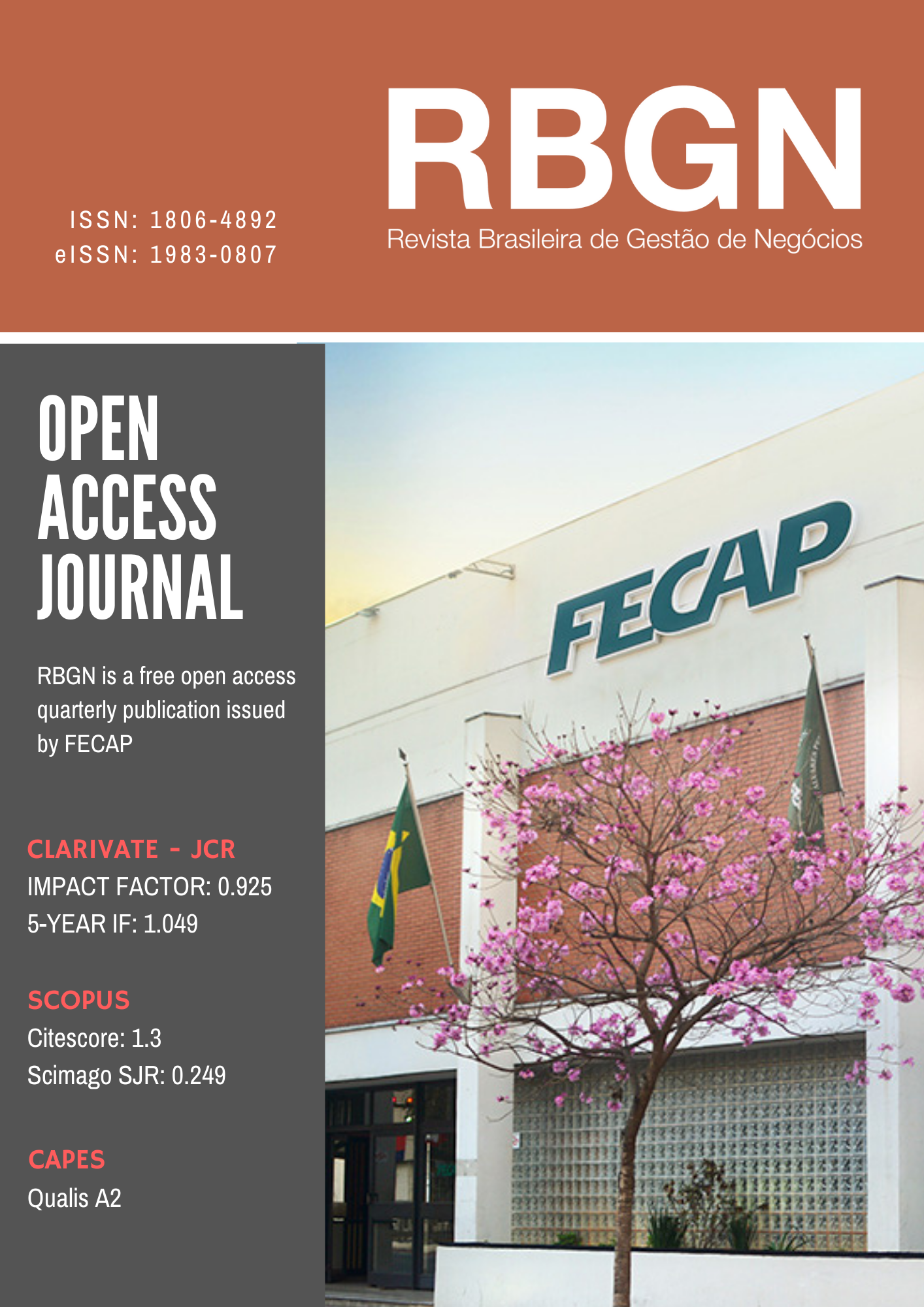Resumen
Purpose – The main purpose of this study is to address the association between investors’ divergence of opinion (DIVOP) and idiosyncratic volatility (IVOL).
Theoretical framework – A relevant association between DIVOP and IVOL is consistent with the literature on financial information disclosure (Lang and Lundholm, 1996; Rajgopal and Venkatachalam, 2011), future stock returns (Ang et al., 2006; Diether et al., 2009), mispricing (Miller, 1977; Aabo et al., 2017), firm maturity (Berkman et al., 2009; Fink et al., 2010) and market imperfections (Berrada and Hugonnier, 2013).
Design/methodology/approach – We consider four proxies of DIVOP and four measures of IVOL and apply multivariate econometric tests to assess their association. Our models control for different effects such as first-order correlation (Huang, 2011) or firm maturity (Fink et al, 2010). We focus on UK firms listed on the London Stock Exchange, which is one of the largest stock markets in Europe.
Findings – We consistently found a positive and significant association between DIVOP and IVOL. We also observed that one-year lagged DIVOP is related to higher contemporaneous IVOL, even if we control for lagged IVOL. We show that even if our proxy for DIVOP captures divergence of opinion when liquidity is relatively high, we still find a positive and significant association between DIVOP and IVOL.
Practical & social implications of research – The main implications of the study is that DIVOP represents risk and that future research should address IVOL, its drivers and outcomes using the Fama and French (2015) five-factor model.
Originality/value – We provide empirical evidence that DIVOP is associated with IVOL, suggesting that DIVOP is a channel through which uncertainty generates IVOL, and its effect can persist throughout a whole year. We show that the association between DIVOP and IVOL is not the result of poor liquidity.
Keywords – divergence of opinion; idiosyncratic volatility; uncertainty.
Una vez aprobada la publicación del artículo, el/los autor/es cede/n los derechos de copyright a la Revista Brasileira de Gestão de Negócios – RBGN.
Es OBLIGATORIO que los autores envíen a la RBGN el formulario de Cesión de Derechos de Autor debidamente cumplimentado y firmado según el modelo: [Derechos de autor]
Las condiciones de la Cesión de Derechos de Autor indican que la Revista Brasileira de Gestão de Negócios – RBGN goza a título gratuito y en carácter definitivo de los derechos de autor patrimoniales de los artículos publicados por ella. A pesar de la Cesión de los Derechos de Autor, la RBGN faculta a los autores al uso de estos derechos sin restricciones.
Los autores se responsabilizan de los textos publicados en la RBGN.
La RBGN adopta el modelo de licencia CC-BY Creative Commons Attribution 4.0, permitiendo la redistribución y reutilización de los artículos garantizando que la autoría esté debidamente acreditada.


